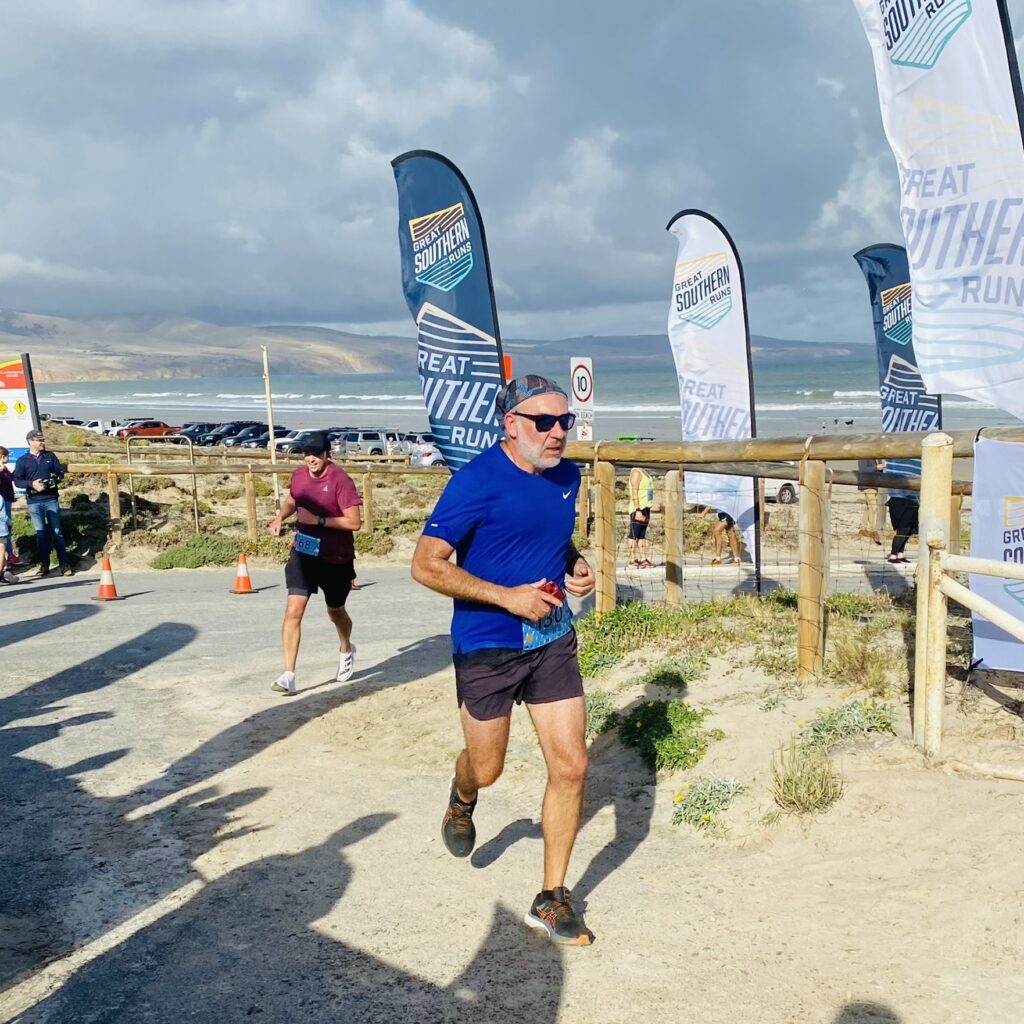
On November 11, 2025, a groundbreaking study has shed light on a crucial factor for the 620 million people worldwide who regularly engage in running: sleep. Conducted by Professor Jan de Jonge, a work and sports psychologist at Eindhoven University of Technology and an Adjunct Professor at the University of South Australia, the study found that insufficient sleep significantly increases the risk of injury among recreational runners.
The research, published in the journal Applied Sciences, surveyed 425 recreational runners and discovered that those with shorter sleep durations, poorer sleep quality, and more frequent sleep problems were nearly twice as likely to sustain injuries. According to Prof. de Jonge, the findings provide “compelling evidence that sleep is a critical yet often overlooked component of injury prevention.”
The Importance of Sleep in Injury Prevention
While many runners focus on mileage, nutrition, and recovery strategies, sleep often remains a neglected aspect of their training regimen. Prof. de Jonge emphasizes, “Our research shows that poor sleepers were 1.78 times more likely to report injuries than those with stable, good quality sleep, with a 68% likelihood of sustaining an injury over a 12-month period.” This highlights the importance of rest as a key element in training.
Recreational running, despite its popularity, carries a high risk of injury. Statistics indicate that up to 90% of runners experience an injury at some point, leading to significant economic costs due to work absences and medical expenses. The study by Prof. de Jonge is among the first to evaluate sleep as a multidimensional factor in sports injuries, considering not just the duration but also the quality and presence of sleep disorders.
Understanding Sleep’s Role in Physical Recovery
Sleep is a vital biological process that facilitates the body’s recovery and adaptation to the physical and mental demands of training. Prof. de Jonge explains, “When sleep is disrupted or insufficient, the body’s ability to repair tissues, regulate hormones, and maintain focus diminishes, all of which can increase injury risk.” The study found that runners who regularly experienced sleep problems, such as difficulty falling asleep, frequent awakenings, or not feeling rested upon waking, were particularly susceptible to injuries.
Conversely, those with consistent sleep durations and good sleep quality reported fewer injuries, underscoring the protective role of adequate sleep in athletic performance.
Implications for Athletes and Coaches
The findings have significant implications for both recreational and competitive athletes, as well as coaches and health professionals. Prof. de Jonge notes, “We often assume that more training equals better performance, but that’s not necessarily the case.” He suggests that runners, especially those juggling training with work, family, and social commitments, may require more sleep than the average adult to recover effectively.
Experts recommend aiming for seven to nine hours of sleep per night, with athletes potentially needing additional rest, including daytime naps, to support mental and physical recovery. Strategies to improve sleep include maintaining consistent bedtimes, minimizing screen use before bed, reducing caffeine and alcohol intake, and creating a quiet, cool sleep environment.
Looking Ahead: Sleep as a Predictor of Injury
The study, titled ‘Sleep Matters: Profiling Sleep Patterns to Predict Sports Injuries in Recreational Runners’, emphasizes that sleep should be recognized not only as a recovery tool but also as a potential predictor of injury vulnerability in recreational sports. As Prof. de Jonge concludes, “Sleep quality and sleep duration are both important, but quantity often provides the bedrock.” This research could pave the way for new approaches in injury prevention, integrating sleep management into training programs to enhance athlete well-being and performance.
As the running community continues to grow, the insights from this study may lead to a broader understanding of how lifestyle factors like sleep can influence athletic success and safety. The full study is available in Applied Sciences under DOI: 10.3390/app151910814.





